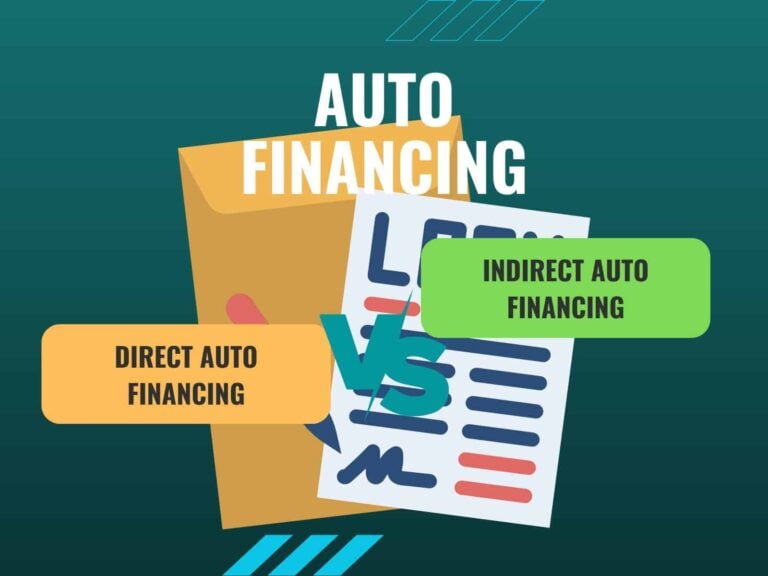Texas Debt Settlement

Despite the robustness of Texas’ economy, its median household income level of $56,565 checks in at a level that is slightly lower than the national median household income level of $57,617.
In fact, a recent study from early 2017 indicates that approximately 73% of American consumers actually die in debt! Source
If you’ve got a debt problem, don’t take it with you to the grave. There is no better time than the present to start acting upon your debt problem. With proper planning, guidance and dedication, you can find your way out of debt.
Texas Economic and Debt Statistics
Texas Economic and Debt Statistics
Meantime, compared with the 2017 nationwide average FICO score of 695, the typical Texas resident’s 2017 FICO score came in considerably lower at 657, ranking 42nd overall in the nation. Furthermore, 18% of Texas citizens demonstrated a declining credit situation in 2017, as evidenced by a credit card bill that was 60 days or more overdue.
In 2017, Texas home ownership rate checked in at 62%, just below the national average, while average mortgage debt level rose to $166,762, an increase of 23.8% compared to 2016. Turning to student loans, data compiled at the end of 2017 indicates that the average level of student loan debt for Texas college graduates stood at $14,600, almost 15% less than the national average of $17,126.
Texas Residents and Debt Settlement
If you are a resident of Texas and are currently burdened by high levels of unsecured debt – including credit card accounts, private student loans and unpaid medical bills – the process of pursuing debt settlement may make sense for you. Debt settlement occurs when a debtor successfully negotiates a payoff amount for less than the total balance owed on a debt.
This lower amount is agreed to by the creditor or collection agency and is fully documented in writing. Ideally, this lower negotiated amount is paid off in one lump sum, but it can be paid off over time. Though creditors are under no legal obligation to accept debt settlement offers, negotiating and paying lower amounts to settle debts is far more common than many people may realize.
Texas Consumer Debt Laws
If you are a resident of Texas and are feeling the pressure that comes with mounting debt levels, you have rights. Credit Card companies and other creditors are permitted to contact Texas residents directly regarding debts, particularly in a situation involving delinquent payments. However, creditors and debt collection agencies are required to comply with the Texas Debt Collection Act, as well as the Federal Fair Debt Collection Practices Act, and are therefore prohibited from taking certain actions.
Prohibited actions include informing employers about the debt or attempting to collect a fee in excess of any debt owed. Creditors and debt collection agencies are also prohibited from communicating in a manner that simulates a judicial process or gives the appearance of a governmental action. Finally, creditors and debt collection agencies are prohibited from contacting debtors or debtor family members at unusual hours or with a frequency that may be reasonably construed under the law as harassment or abuse.


Texas Statute of Limitations on Debt Collection
When enough time passes in a situation in which consumer debts have gone unpaid, a debt collector can lose the legal right to sue for non-payment. In the state of Texas, the statute of limitations for collecting on all debts is four years, and it works in conjunction with the Texas Debt Collection Act. This statute of limitations applies to all debts – written contracts, promissory notes, and open-ended accounts – including credit cards.
The clock on the four-year time period starts ticking from the “date of default,” which is typically thirty days after the last payment was actually made. However, it follows that if your unpaid debts remain unpaid and the full four years have yet to elapse, your creditors maintain legal right to sue you for non-payment and are permitted to engage debt collection agencies who can make persistent attempts at collection while remaining within bounds of the Fair Debt Collection Practices Act and the Texas Debt Collection Act.
Debt Settlement - Do It Yourself?
Decide whether you possess the background, wherewithal and fortitude to negotiate directly with creditors yourself – or whether engaging the services of an experienced and reputable debt settlement company will serve your needs best. Remember, the goal is to save the most money and time while minimizing any damage to your credit profile as best as possible.
A reputable debt settlement company will provide a realistic estimate and time frame for making offers to your creditors that can ultimately result in settlements that save you significant amounts of money. At United Settlement, our experienced credit counselors possess relationships with the major credit card lenders – along with a broad understanding of the debt marketplace – and can help you navigate these waters safely and effectively.
Debt Resources & Additional Reading
Texas Debt Settlement FAQ
Yes, if you are a resident of Texas and are currently burdened by high levels of unsecured debt – including credit card accounts, personal loans, unpaid medical bills and private student loans, United Settlement can assist you with the process of pursuing debt settlement. Debt settlement occurs when a debtor successfully negotiates a payoff amount for less than the total balance owed on a debt. Contact us here at United Settlement, where our experienced credit counselors possess relationships with the major credit card lenders and a broad understanding of the debt marketplace. We can help you achieve the peace of mind that comes with living a debt-free lifestyle.
Yes, United Settlement offers debt consolidation services in the state of Texas. The process of debt consolidation involves combining and paying off multiple debts with one single loan, typically resulting in a lower blended interest rate and monthly payment. Debt consolidation provides the dual benefits of streamlining the repayment process while simultaneously lowering interest expense and the total amount repaid over time.
Under Federal law, children, siblings or parents are almost never responsible for paying a loved one’s debts following their death. Texas is a “community property” state, however, and therefore medical bills incurred by a deceased spouse during marriage can become a financial burden to the surviving spouse. If there is no spouse, the personal representative of the estate often assigns priority to paying off medical bills incurred within sixty days of death.
Additional Related Insights & Articles







Debt Relief Reviews

Ready To Get Started?
See if you qualify for debt relief. Get a Free savings estimate to see how quickly you can be debt free.
Embrace financial freedom with our tailored solutions, expert guidance, and unwavering commitment to your success.
Experienced Professionals
Our experienced team has helped thousands of clients successfully eliminate debt and regain financial freedom.
Customized Solutions
We know every financial situation is different, so we design personalized debt relief plans to fit your specific needs and goals.
High Success Rate
Our proven debt relief strategies deliver real results. With a strong track record of success, we help clients achieve lasting financial stability.
Confidential Consultation
Your privacy is our priority. All debt relief consultations are 100% confidential and handled with the highest level of discretion.



